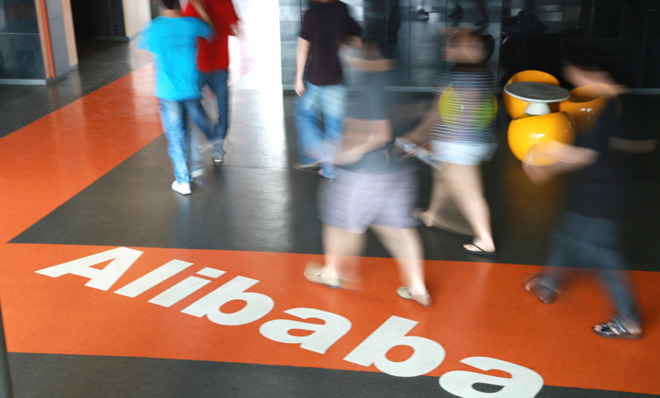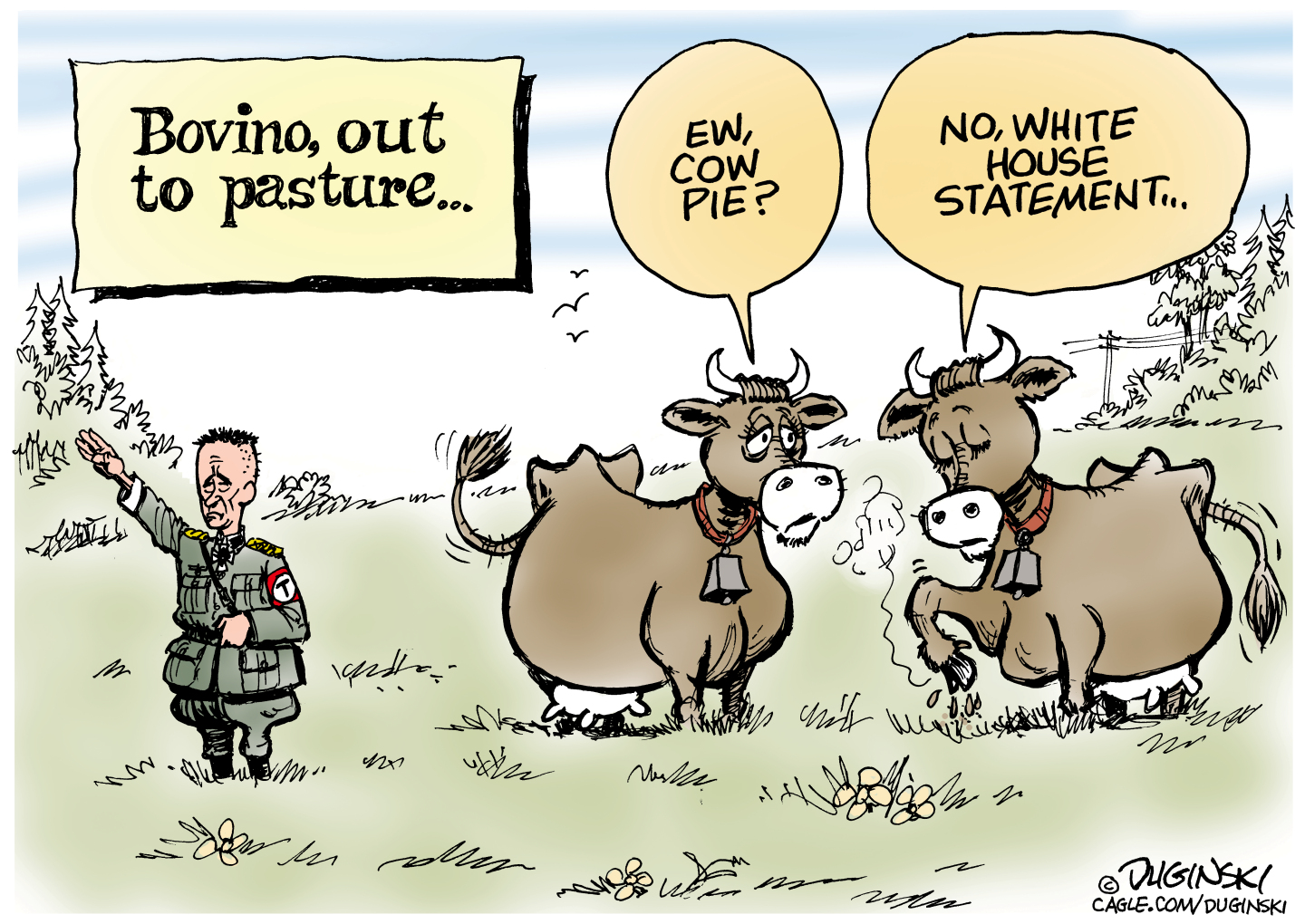Everything you need to know about Alibaba's blockbuster IPO
Friday is going to be a big day on Wall Street

For weeks, Wall Street has been working itself into a frenzy over Alibaba's potentially record-breaking IPO on Friday, Sept. 19, said Chris Wright at Forbes. But as is so often the case when internet companies go public, hype can quickly become hyperbole. So what exactly does the Chinese e-commerce giant do to warrant a market value of more than $170 billion, three times bigger than General Motors? "It's almost easier to list what Alibaba doesn't do," said Mark Broad at BBC. As China's biggest online commerce company, Alibaba owns several wildly popular and successful sites: Taobao, an eBay-like platform; Tmall, which helps retailers sell to China's booming middle class; and the flagship Alibaba, which connects Chinese manufacturers and wholesalers with consumers and companies around the world. It also owns stakes in the Chinese equivalents of PayPal, Twitter, and YouTube and reportedly handles 80 percent of online retail sales in China — a market projected to be worth $713 billion by 2017.
Whatever you do, don't call it "the Amazon of China," said Charles Riley at CNN. Despite inevitable comparisons, there are huge differences in the companies' business models. "Compared to Amazon, Alibaba's revenue is small," but it enjoys much higher profit margins because it acts only as the middleman between shoppers and sellers, making money on advertising and product search placement, and in some cases, commissions on transactions. That's very different from Amazon, which incurs higher costs — and lower profits — by acting as the seller itself. And since Alibaba is poised to tap into China's rapidly expanding internet audience, it's no wonder that "investors are salivating" at the prospect of owning a slice.
Those investors are kidding themselves, said Paul J. Lim at Money. Alibaba is big now, but it "faces stiff competition" from rival Chinese tech firms, like search engine Baidu and online marketplace JD. Investors should also keep in mind that while Alibaba is listing on the New York Stock Exchange, "the shares you buy won't give you any ownership stake." To get around Chinese restrictions on foreign ownership, shareholders will actually own stock in a company based in the Cayman Islands, which will receive profits that Alibaba generates in China. "This may sound like a distinction without a difference," but disputes "are bound to rise as foreign owners have no say in the actual operation of the underlying company."
The Week
Escape your echo chamber. Get the facts behind the news, plus analysis from multiple perspectives.

Sign up for The Week's Free Newsletters
From our morning news briefing to a weekly Good News Newsletter, get the best of The Week delivered directly to your inbox.
From our morning news briefing to a weekly Good News Newsletter, get the best of The Week delivered directly to your inbox.
"An equally big worry is the shaky Chinese economy," said William Pesek at BloombergView. Alibaba's success hinges on the promise that China's middle class will keep growing and spend like Americans. But as China faces a slowing economy, that's an increasingly risky bet. Alibaba's cheerleaders cite their faith in founder Jack Ma, whose improbable journey from English teacher to tech impresario "is as good at it gets" when it comes to made-in-China success stories. But Ma has built a near-monopoly online only because the regime in Beijing "has allowed him to do so." So remember that if you buy Alibaba, "you're placing your trust in much more than a 49-year-old businessman. You're really betting on an opaque political system that has a monopoly on whether he will be allowed to succeed."
A free daily email with the biggest news stories of the day – and the best features from TheWeek.com
Sergio Hernandez is business editor of The Week's print edition. He has previously worked for The Daily, ProPublica, the Village Voice, and Gawker.
-
 5 redundant cartoons about Greg Bovino's walking papers
5 redundant cartoons about Greg Bovino's walking papersCartoons Artists take on Bovino versus bovine, a new job description, and more
-
 31 political cartoons for January 2026
31 political cartoons for January 2026Cartoons Editorial cartoonists take on Donald Trump, ICE, the World Economic Forum in Davos, Greenland and more
-
 Political cartoons for January 31
Political cartoons for January 31Cartoons Saturday's political cartoons include congressional spin, Obamacare subsidies, and more